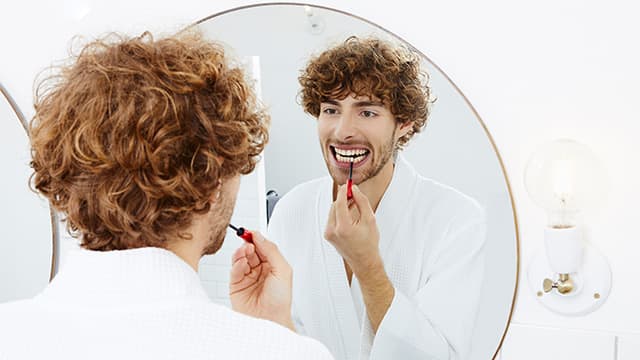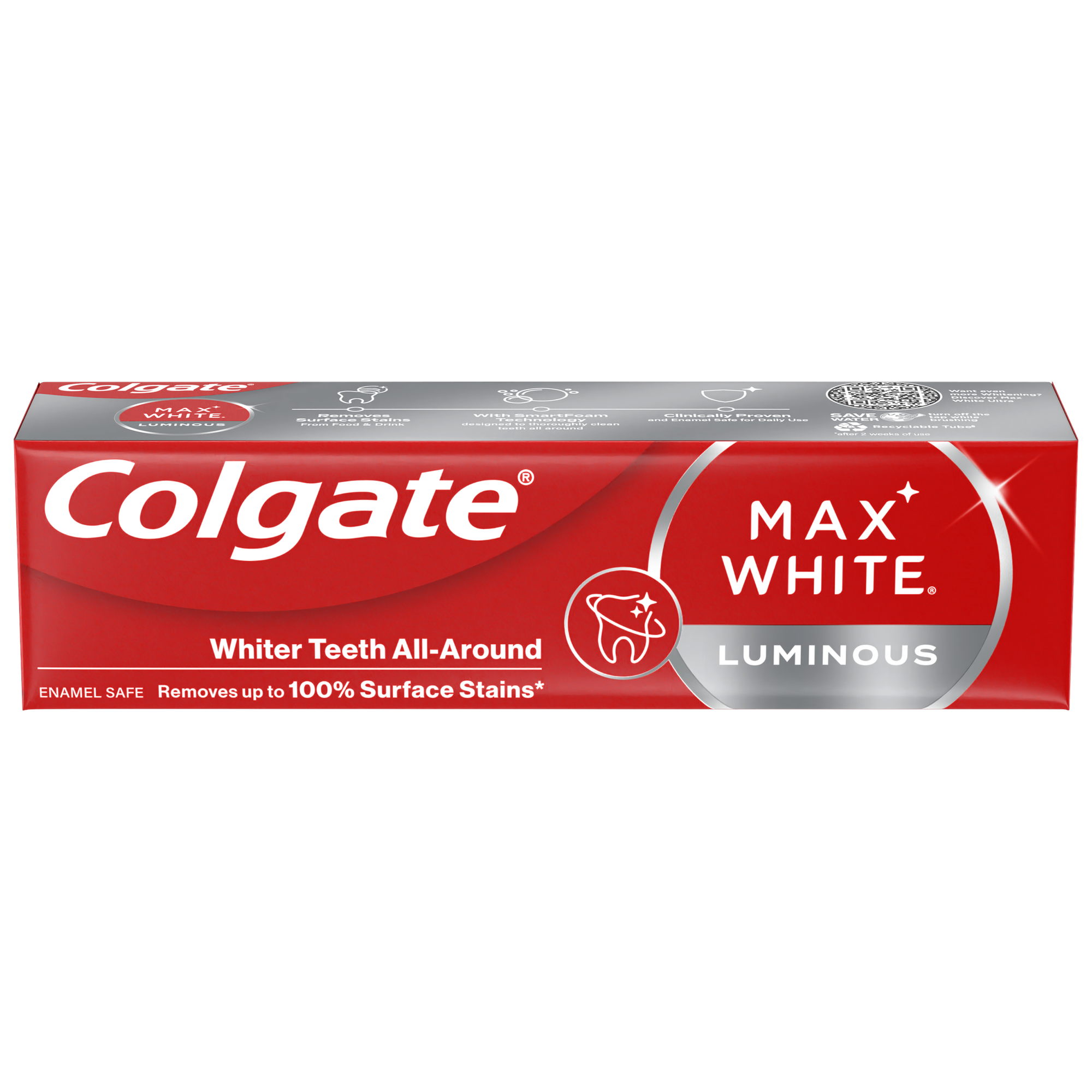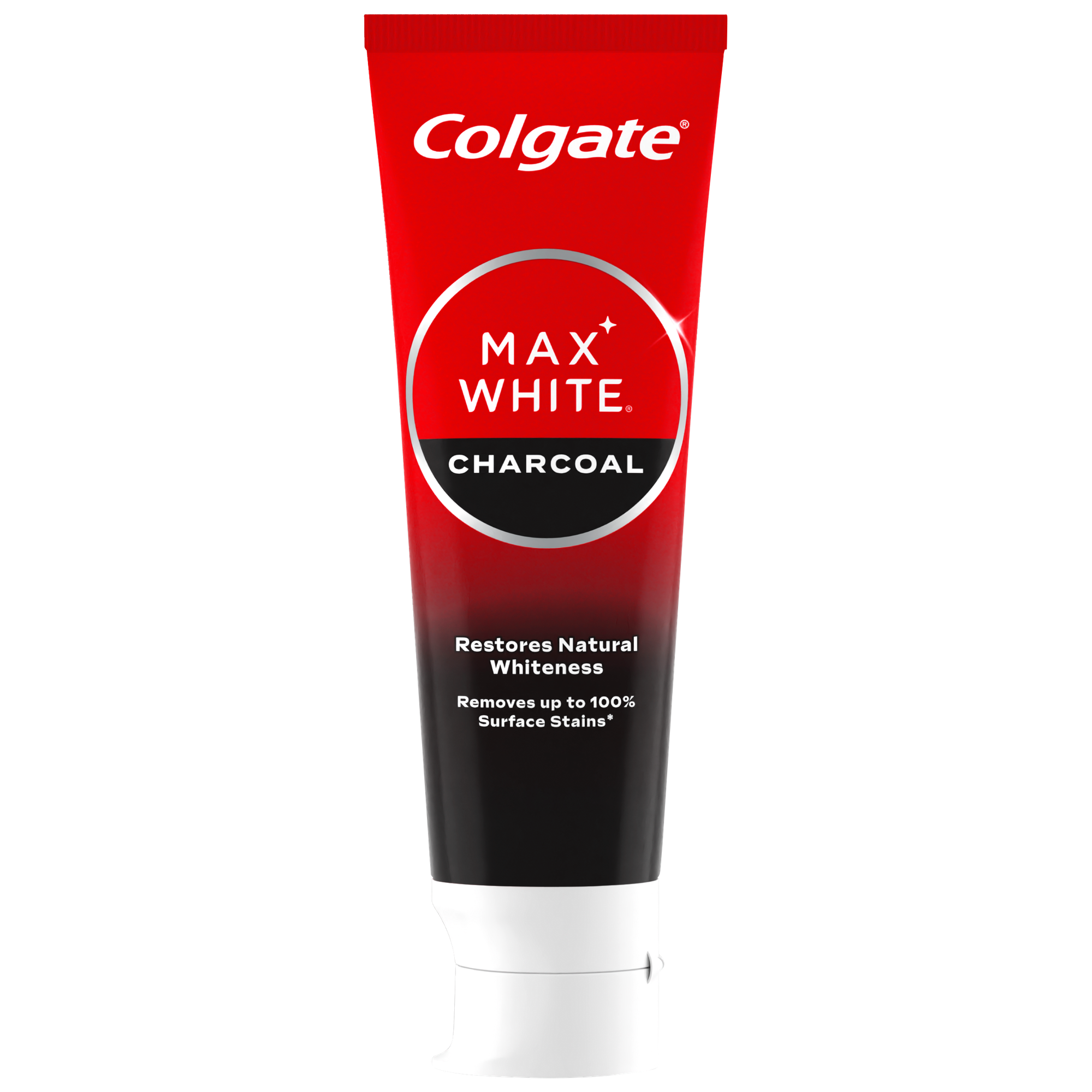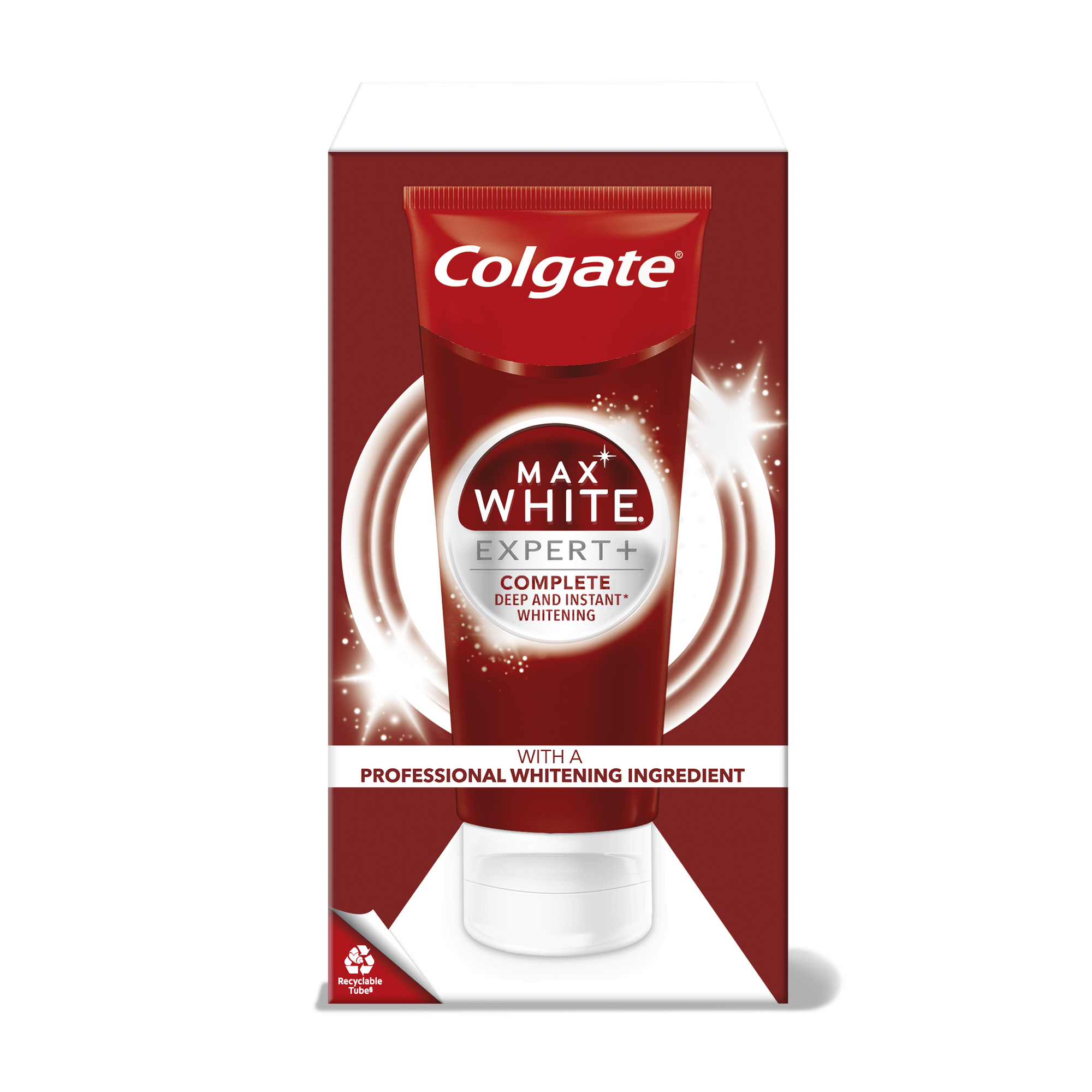How it works
These kits are similar to a common in-practice teeth whitening treatment, where a dental professional applies a peroxide-based whitening gel to your teeth and places a blue UV light over them. The light amplifies the effect of the whitening gel, this accelerates the whitening process providing greater effectiveness in a shorter period of time.
An at-home kit works via the same principle and typically instructs you to apply a whitening gel to your teeth with a pen and then use a portable LED light over your teeth for a few minutes over a period of days. These kits are a more cost-effective solution than other solutions such as whitening strips that have to be thrown away after every use.
Safety of UV teeth whitening kits
You might be wondering: is UV teeth whitening safe? The NHS states that in-practice light-activated treatments are an option you could consider for teeth whitening. UK regulation also states that in-practice whitening done at the dentist can be done with much higher concentrations of hydrogen peroxide, up to 6%. This can lead to bleaching, enamel damage and tooth sensitivity.
UK at-home whitening kits are a safer alternative to in-practice whitening. This is because over the counter solutions in Europe cannot legally contain more than 0.1% peroxide. However, ensure you are shopping from trusted brands such as Colgate, as some kits sold over the internet may contain extra ingredients that could potentially be harmful.
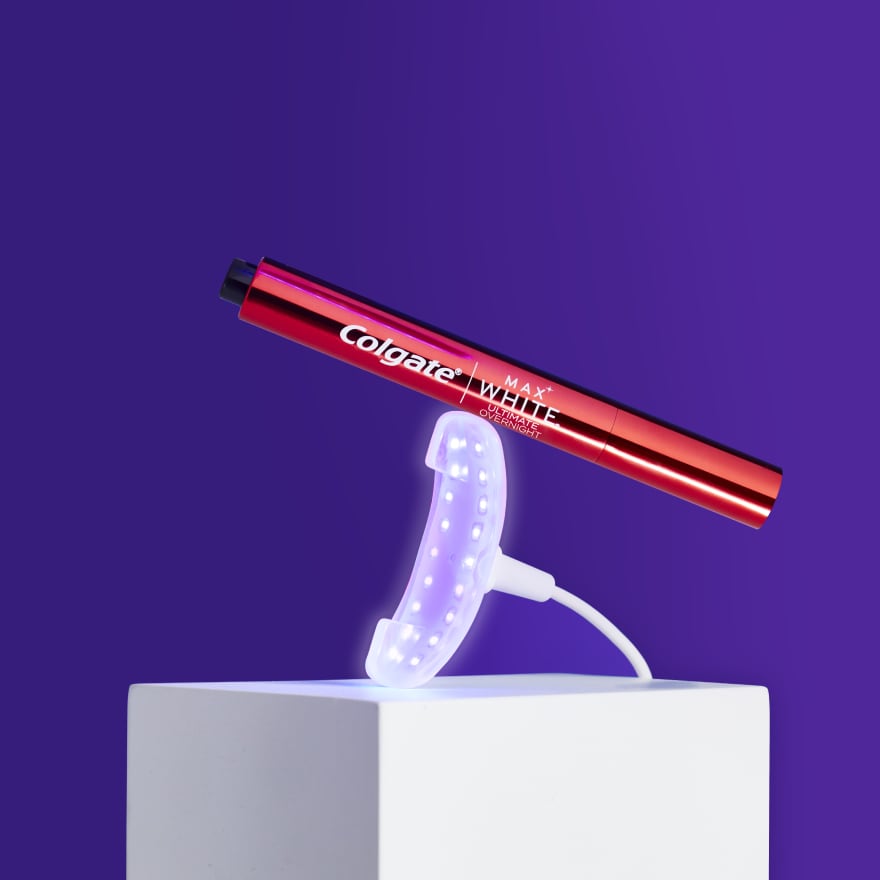

Get glowing with Optic White® Renewal®
Safe At-Home Whitening Solutions
If you want to whiten at home, you’ve got options. One is to choose a toothpaste that contains a whitening ingredient, like MPS. This is present in Max White Ultimate. You can use a whitening toothpaste every day for continuous whitening that becomes part of your oral care routine – no extra steps required.
Colgate’s Max White Overnight Whitening Serum and LED Whitening Kit are other options that provide greater effectiveness than using a Whitening toothpaste. They provide greater whitening effects in a shorter period of time, are clinically tested and enamel safe. Though, if you are unsure and suffer from tooth sensitivity you should still consult with your dentist to ensure that this is the safest method for your needs. While these methods won’t be as quick as an in-practice treatment, you can take comfort in knowing that they’re safe.
The next time you notice an advertisement or celebrity endorsement for a UV teeth whitening kit from an unknown smaller brand, remember to take it with a grain of salt. With the right at-home treatment from Colgate or even treatment via your dentist, you can get the star power smile without the risk.
ORAL HEALTH QUIZ
What's behind your smile?
Take our Oral Health assessment to get the most from your oral care routine
ORAL HEALTH QUIZ
What's behind your smile?
Take our Oral Health assessment to get the most from your oral care routine








